Who can honestly say that which influences one, two, even three generations of kids in one family to take on a particular set of values will help all kids in every family do the same? I surely won’t presume to make that claim —there are far too many variables.
This post contains affiliate links. Read my disclosure policy here.
Generations of Extraordinary
That being the case —still, experience speaks for something —we’ve observed generations of extraordinary compassion from our extended family. Following are eight tried and true components that will hopefully encourage you and yours, perhaps sparking fresh ideas for how to teach kids the joy of serving.
The Bible is full of reasons we as Christians would want our kids along with ourselves to live servant-hearted lives. In short, we live such lives because it pleases God for us to do so —it pleases God when we love each other as He loves and identifies us as His own (ref. John 13:34-35).
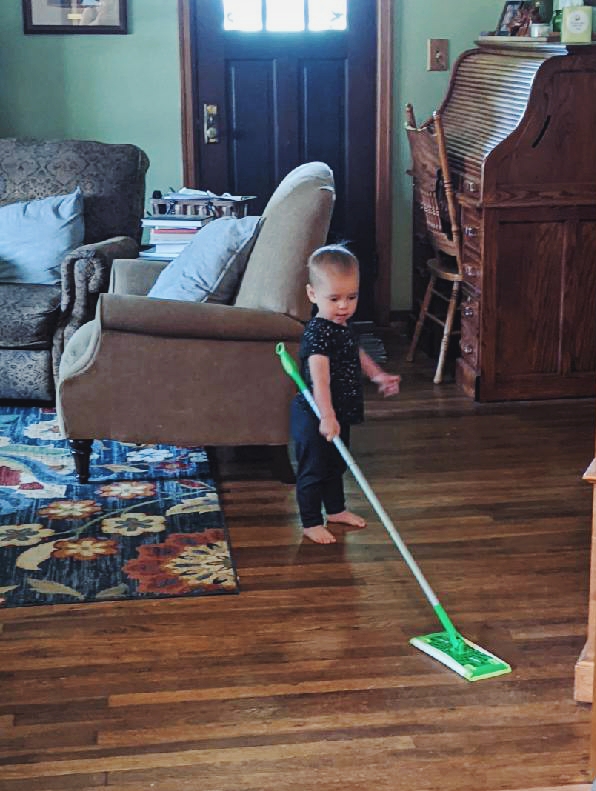
Discovering Genuine Love
Knowing Jesus is ultimately the way to a heart filled with genuine love. But creating a culture of loving compassion lived out in our homes and the world beyond —gives our very young children a tangible understanding of God’s love that little else will.
While growing up, it wouldn’t be a stretch to assume me the most self-focused, outward-bound get-me-out-of-here minded kid that ever walked the earth. Sincere service to others didn’t come naturally to me. On the contrary, I helped others with the motivation for personal gain, like avoiding discipline, solely seeking approval, endearment, or praise —searching for a love I couldn’t yet make sense of.
And that’s the thing, joy in serving comes from a heart overflowing with love. If we have very little love for others, predominantly loving ourselves due to some sort of self-preservation, an over-developed sense of survival, or who knows what else —it’s pretty challenging to comprehend loving or serving others with compelling compassion or a sense of joy.
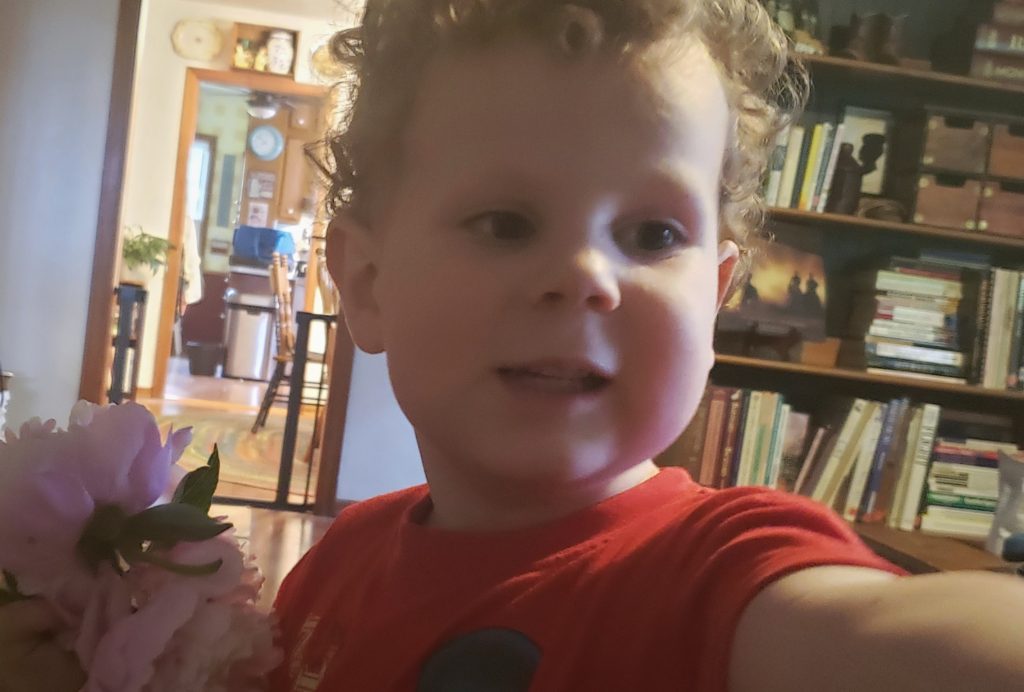
Defining Compassion
Compassion, unique from pity or empathy, not only feels or identifies with another’s pain or need but is also instinctively motivated to help or aid in some way. Compassion can be innate to some individuals, but bless God —it can also be taught.
Make sure your kids know they are loved, valued, and respected as co-created beings in God’s image. God himself went to an incomprehensible effort to ensure we know and experience His love for us. In similar ways, make personal relationships and hearts filled with trust and love one of your primary parental objectives.
The Power of Modeling
Modeling service to others comes as a close second to overflowing love. Besides being one of the best teaching tools in a wide variety of situations, modeling gives security and direction for new servant-hearted helpers. It assures our kids we’re in the trenches with them, willing to do hard things, tackling the needs of people God brings into our circle of influence and beyond.
The most profound model of service that impacted my life as a young adult was watching my MIL(Mother-in-love) selflessly serve her mother, who required total physical care during her last years of life due to severe, crippling arthritis throughout her body. Even through tears of exhaustion and sometimes despair, mom modeled the tenderest care and aid for her mother, and get this —continued to compassionately care for many others, including me at the same time!
Encountering this sort of servant-heartedness was nothing short of life-altering. It gave me an all-new vision of who I wanted to be and the things I most valued as a Christian. It gave me a clearer picture of Jesus and how I could better serve Him —by loving and helping people.
Start small but include your kids in your own service to others. Where ever appropriate, share people’s stories, giving your child’s natural compassion room to relate, develop, and grow.
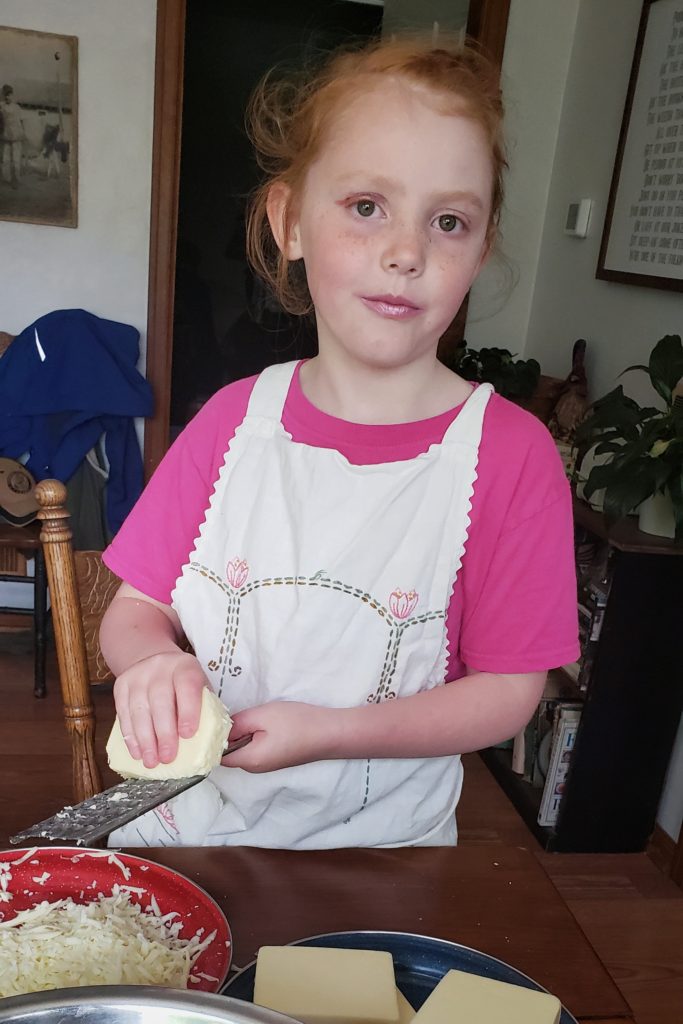
Compassion-Focused Questions
Train your child’s thinking by asking compassion-focused questions. For instance, with a young child, “Your sister isn’t feeling well today. What do you think would encourage her?” Or, “Our neighbor next door lost their puppy last night. What do you think we can do to help them feel better?”
Try to include their answers in the equation of your serving as much as possible. Involve your kids with serving both within your family unit and without.
Attitudes
While modeling, our attitudes are one of the most essential keys to joy. If we complain, devalue, or cast judgment on people who need our help, our kids will pick up on our disaffection. We will surely rob ourselves and our kids’ hearts of the joy of serving if we aren’t helping from a sincere spirit of love.
Although difficult at times, serving others should ideally have an element of fun, if for no other reason than to be the cause of momentary happiness for someone else. In addition, this acknowledged fun will help fuel our childrens’ further ideas of service.
A Matter of the Heart
I used to wonder how two subsequent generations of servant-hearted folks began with a June Cleaver type of wife and mother. With the exception of taking out the trash and perhaps mowing the lawn regularly when they were capable, Stache’s mom did all the household chores —including daily making the kids’ beds!
Eventually, I connected that serving has nothing to do with a particular household skill (though also essential to life). It is entirely a matter of the heart. I no longer believe acts of compassionate loving-kindness should be included as a child’s daily chore. There is undoubtedly a time and place for family responsibilities and life skills. However, be mindful, fostering joy in serving others is separate and unique.
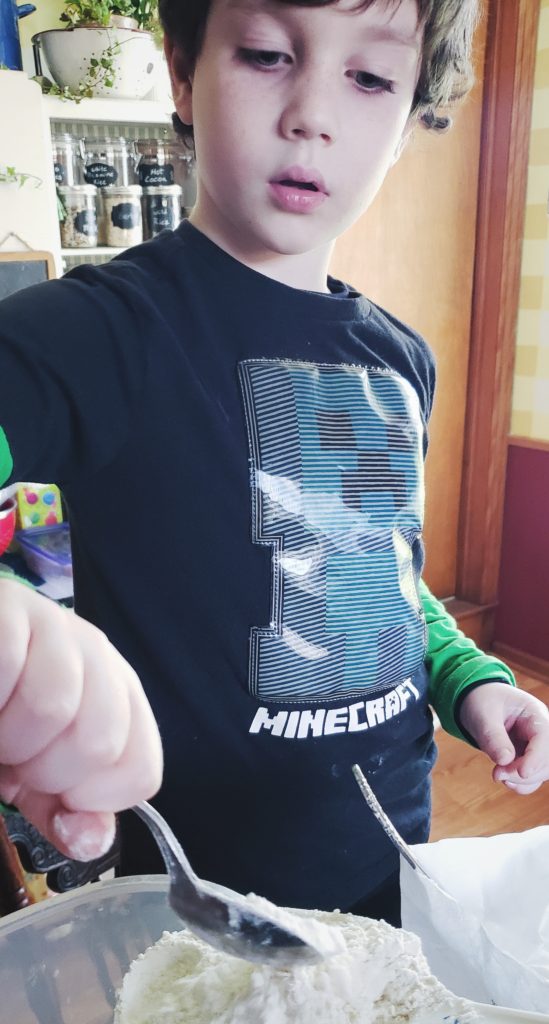
Become an encourager of every hint of compassion you see and hear from your child. If your child asks questions or challenges you in particular areas of service (or your omission thereof), listen and discern! Hear their hearts and validate their compassion whenever possible.
Eight Points to Remember
So, to wrap up, here are the eight points in short once again:
- Love your kids as Jesus loves
- Model compassion
- Include your kids while you serve others
- Ask your kids compassion-focused questions
- Serve your kids and others with positive attitudes
- Help your kids find the fun in each act of service
- Separate acts of loving-kindness from daily chores
- Be an encourager of child-led compassion
I hope these points help inspire you and yours to create a family culture of loving compassion, remembering you serve God as you do (ref. Matthew 25:34-40).
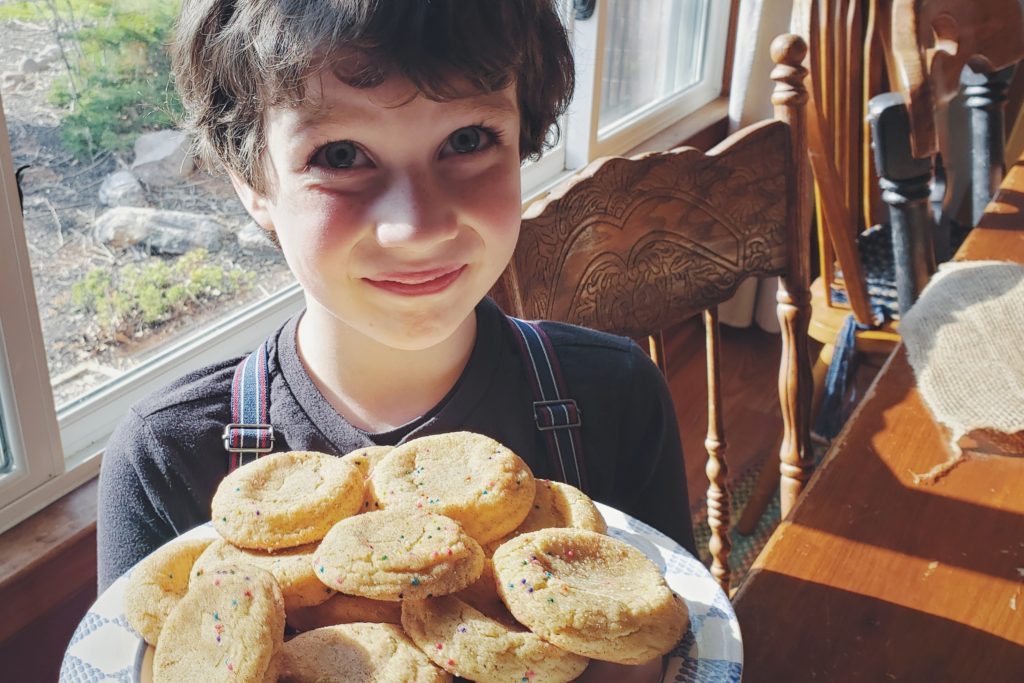

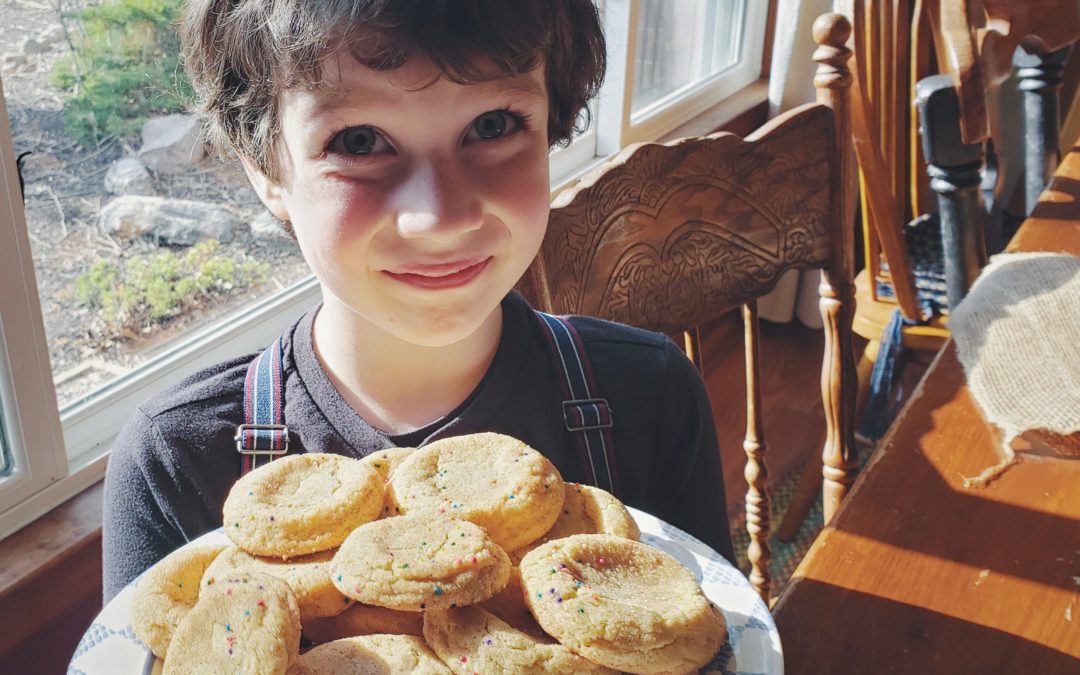










All true modeling and oppurtunity to include your children in serving. As I serve my mom these days, I say, Mom how can I not serve you, when my whole life, I watched you serve your mom and others…its my turn now! It’s a real joy to serve.
Thank you so much for commenting. You know the joy of serving and are a blessing to so many, including me.
Renee, You have covered this subject so well that what I was prepared to say, you have already said, but I will add to it any way. I think so often that we lead by example. We do it out of love for the person in need and it is seen by our kids. When we include our children in giving and include them in the joy of it, that too is an example to be seen and be part of. Christ came to serve and to show his love in His sacrifice for us. Sometimes serving someone else is a big sacrifice. A sacrifice of time, money and our energy, but it is so worth it. I appreciate all you do and all that you have become in Christ. It is because your heart is open to learn and to experience the joy that is here for us all who choose Jesus and want to be more than what we use to be. We are made new in Him when we choose Jesus to follow and He makes us whole. He sets us on a new course to follow and that is the beginning of learning to love like Jesus and be an exstension of His love to others and an example for others to follow.
Thank you so much, Mom! I so appreciate your comments and your encouragement. Sure would love to be sitting with you today over a cuppa tea. We’ll have to ask God for that kind of gift sometime soon.
I love this practical application.. “rain your child’s thinking by asking compassion-focused questions. For instance, with a young child, “Your sister isn’t feeling well today. What do you think would encourage her?” Or, “Our neighbor next door lost their puppy last night. What do you think we can do to help them feel better?” Really fantastic post.
Thank you so much for commenting, Lisa! I appreciate your encouragement.